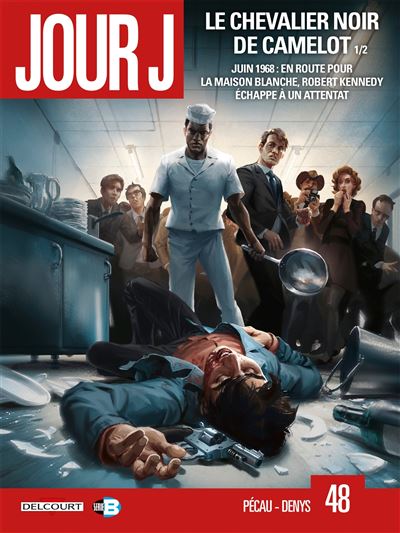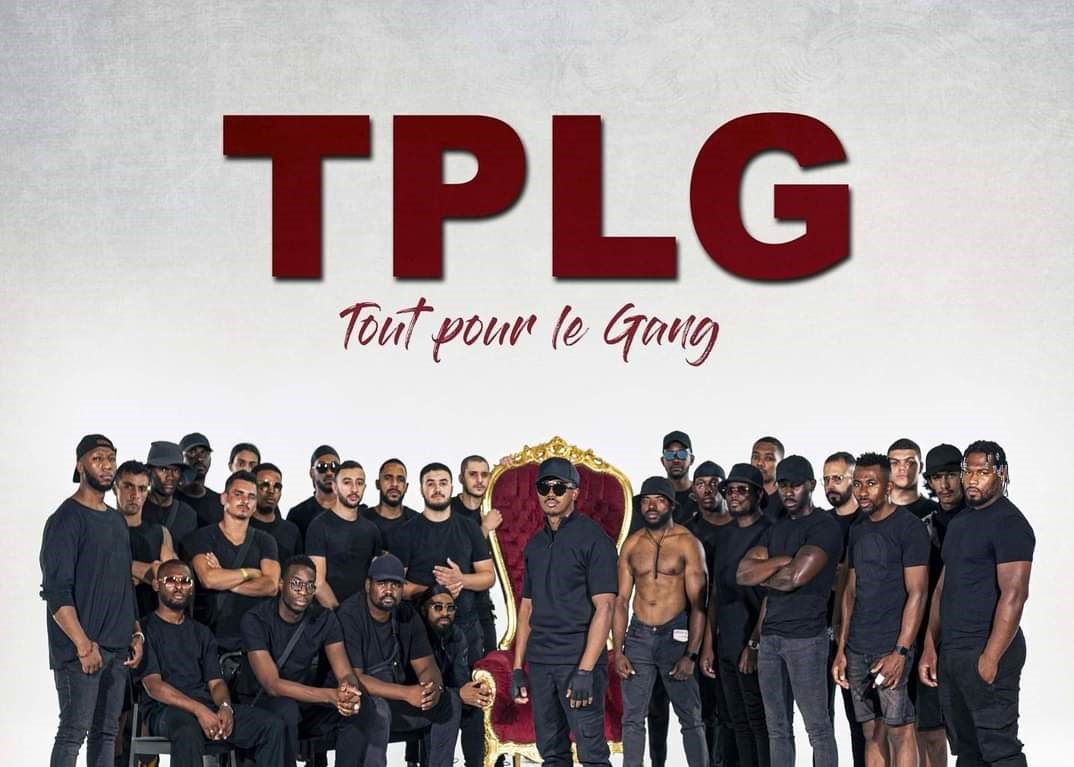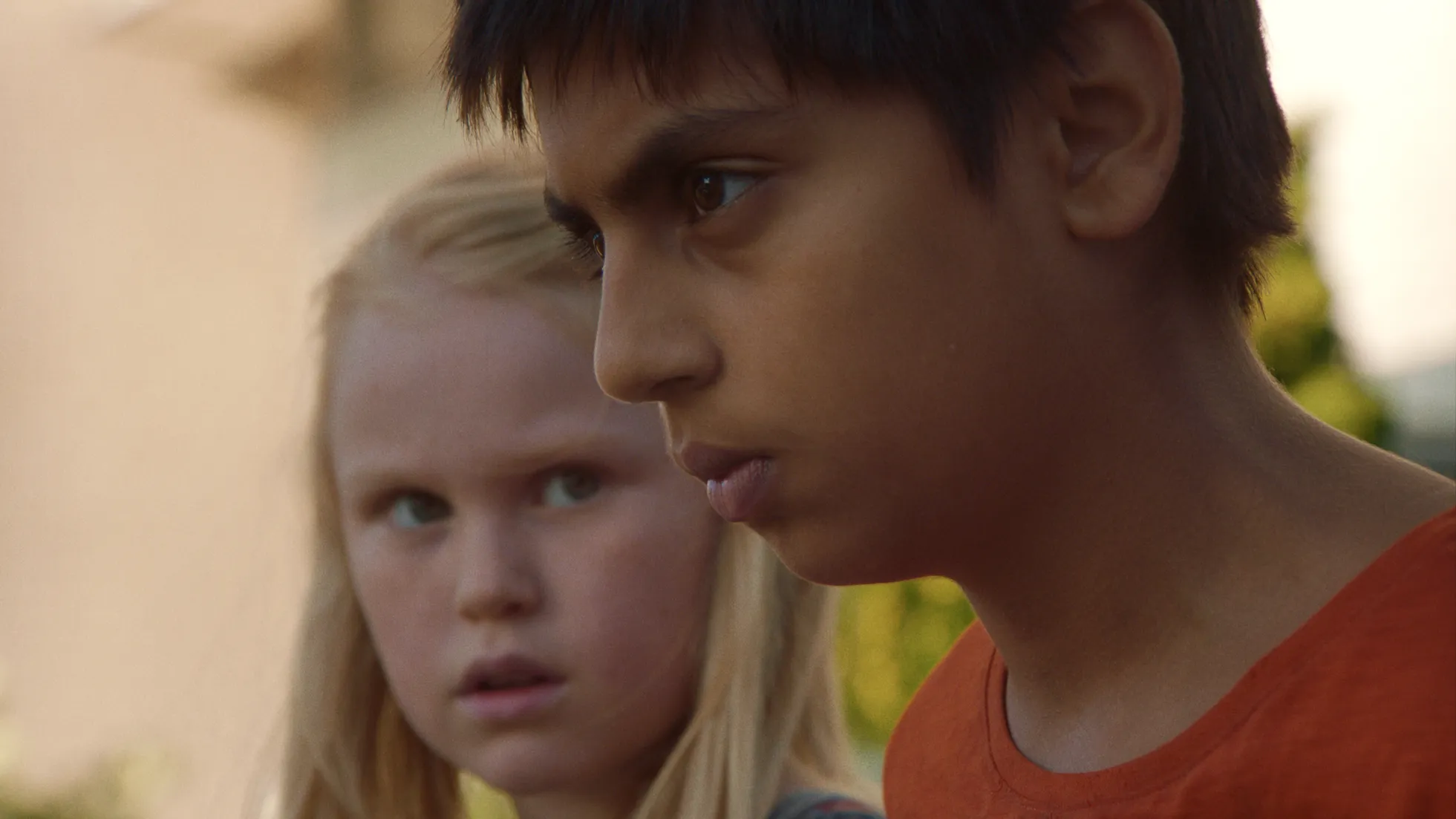Trévizac is the title of the latest novel by Xavier-Marie Garcette, an author who, having not had the chance to realize his literary aspirations earlier, now intends to catch up quickly. Under cover of social themes that resonate strangely with current events, the plot describes the relationship between an orphan and his grandmother from a decadent nobility.
The castle of Trévizac
In this second published novel, the former banker who is now fulfilling his childhood dream, paints a picture of a family as small as it is atypical. Yet, admirably described, it may seem to readers, almost familiar. Jean, orphaned since his childhood, lives in a castle with Madeleine, his grandmother, a character as endearing as he is colorful. This great lady, who despite the trials she has endured retains an infallible joie de vivre, strives to inculcate in her the human values that will build her until her passage to adulthood. This book, full of unexpected twists, captivates as easily as it questions social issues that dot the news.
Interview with Xavier-Marie Garcette
One day of torrential downpour, in the tumult of the prestigious café Les Éditeurs, located in the heart of the Latin Quarter of the capital, we met Xavier-Marie Garcette to try to understand what led him to imagine this incredible story. Meeting with the author. Can you briefly tell us about your journey as an author? My aspiration to write books didn't come right away, although I will say that I always carried that within me. I usually say that I wrote my first novel at the age of nine. It was an absolutely fascinating literary monument [laughs]. It was called "The Adventures of Noumi and Floky" and told the story of the friendship between a dog and a cat. I admit that I lost the text a long time ago [laughs]. I am rather a literary of taste and training. Despite a scientific baccalaureate, I then followed a literary preparation before a license, then a master's degree, of Classical Letters at the Sorbonne. Once you graduated, you had to consider doing something serious in life. I then passed the entrance exam for the second year of ESSEC. I had a big dream of wanting to work in publishing. Everyone had warned me that it was a fairly closed sector. I have experienced this. As it was necessary to earn a good crust, I found myself in banking and financial products by the chance of existence. I still had this literary fiber that titillated me but at the same time with a busy professional life to which is added a family life, it was complicated for me to invest in this way. My first attempt at publishable literature dates back thirty years, during a short story contest in which I participated. I had chosen to tell a story that was somehow the negative of Trévizac. I realized this after the fact, thinking about it. I was inspired by an old lady I knew. She was a little despairing since we could say that a priori, she still had a lot to be happy except that she had in her a kind of inability to be. You have old ladies who are delighted to be visited but this one felt too lonely. My short story told the story of an elderly person who also had everything to be happy but was nevertheless so grumpy that finally she ended up organizing the emptiness around her. Thirty years later, it was when I thought back on this that I thought it would be more interesting to consider symmetrical history. That of a lady who has not necessarily had an easy life, who on the contrary has been studded with trials, but who despite this knows how to show a dynamism, an openness to others, which makes her carry within her a radiant and contagious joie de vivre. So this is how Trévizac germinated in your mind? It has always fascinated me to see how there is no objective relationship between what might seem, in cold analysis, a happy or unhappy life and the propensity for happiness for people. This paradox between someone who has everything to be happy but who spends his time complaining and, on the contrary, these individuals for whom we say that they have a way of facing existence, despite everything that has happened to them, which arouses admiration This was really the essence of the subject that I wanted to stage. It is true that apart from certain elements that prove that your novel is not an autobiography, one could sometimes be mistaken. What is the autobiographical part in your book? That was my big surprise. Absolutely everyone has told me that it sounds like an autobiography, which is absolutely not the case. For the record, my father is ninety-six years old and given his age he starts pedaling quite happily. The last time I visited him, since he doesn't read or even watch TV anymore, I had the idea to offer to read him my latest novel. I was also very surprised to notice that he looked at me with a concentration that I no longer thought he was capable of. Obviously, he was following. After half an hour, I pause and ask him, "Are you okay? Are you interested? Let's continue? ». To this he replies: "Oh yes! I'm very interested in your autobiography! ». I was a little glued and retorted: "Listen Dad, I think you are well enough placed to know that, already, I am not an orphan and that I was not raised in a castle in Limousin. It's a novel, you can see it's not an autobiography at all. But he didn't want to get rid of it. I did not insist further. The plot of events is totally imaginary. Of course, like any writer, there are lots of anecdotes that are inspired by what my entourage, or myself, may have had the opportunity to experience. The passage on Irina's red shoes for example. In my first job there was a Ukrainian secretary who worked on an interim basis and tried to obtain the status of political refugee. This was, of course, before the fall of the Berlin Wall. She was the one who told me this story that I found quite comical. She had told me about this pair of red shoes that had fascinated her in a shop window. She had entered the store, asked to try them on, but there was only one pair left that was three sizes above hers. Yet she had bought them anyway. It seemed completely delusional to me, but it was above all related to the social and economic context of the countries of the former Soviet bloc. Precisely, in chapter 39 we can not help but think of the news of recent months. Your chapter must have already been written before Ukraine returned to the center of the news. However, why did you choose a character from this country rather than another from the former Soviet Union? This is totally fortuitous. In my novel Irina is Ukrainian because I actually thought back to this girl I met thirty years ago. Your book deals mainly, at least in its first half, with a boy's relationship with his grandmother. What about your personal story? Above all, I had a grandmother with whom I had a pretty strong relationship. With my parents, we lived in the Paris region and my maternal grandparents lived in the north. When we visited them, my parents felt compelled to go on the aunts and uncles' rounds every time. Me, I had the great happiness of being sick in the car, so they spared me all these trips. My grandfather was a great archery as there are many in the north. He spent his afternoons practicing. I was then alone with my grandmother. I have very vivid memories of this relationship that we had established. When the rest of the family was going from right to left, a certain intimacy and complicity had settled between us. I loved asking her to take out her cake boxes for the photos she stored there. However, I was not so inspired by elements of my childhood for the character of the grandmother. Madeleine may borrow some traits from the grandmother I'm talking about, but besides that she wasn't really a funny lady. She had not had a very fun life, was marked by hardships and did not have a great desire to laugh. Nevertheless, his tenderness and affection left a deep impression on me. The character of Madeleine resembles, in some ways, what my own mother was able to give as a grandmother. There is also a great-great-aunt who was a lady for whom I felt a lot of affection and esteem because she had had an extremely austere life. She was stuck at home with scoliosis so strong that she was truly hunchbacked and bent. She was unable to raise her head and this prevented her from going out into the street since she could not see more than one meter away. I loved her very much because she absolutely never complained and was extremely open to the world and curious. He was truly an amazing person. The construction of Madeleine's character is ultimately a puzzle of sorts. Your book is a true ode to respect the elderly for what they continue to contribute despite old age. What would you say about the condition of seniors in our society? Implicitly it is indeed one of the great subjects of the novel. As for Ukraine, I could not imagine, at the time I wrote it, that the current societal debate that is starting on euthanasia would find an echo in my book. I find that in general our society scares me. What does a life worth living mean? Who decides? The film Soleil Vert is back on television recently. I very much fear an evolution of society which, under the guise of well-being and good feelings, could be extremely cruel towards individuals who are considered to be a social burden. Today, fewer and fewer people welcome their diminished parents into their homes. We entrust them to nursing homes and we look further. You also address several other themes with a social dimension which, even today, give rise to many debates. These themes (end of life, disability, sterility and adoption, …) Are they particularly important to you? Why? I would be tempted to say that for me all this is one. That is to say, I am extremely sensitive to the fate reserved for the weakest and most fragile, whoever they may be. I would say that I do not differentiate between the fate of Down syndrome and the elderly. For me, it's the same mindset. That of the place that is given to the most fragile in our societies. Do you realize what violence it is for a man or woman with Down syndrome to hear and understand that, for some, they would rather be killed in their mother's womb? It's horrible to have to realize that. Does this mean that their lives have no value? I hate literature with messages. I don't write to get a message across, but to tell stories that touch me in the first place and that I imagine can then touch others. It is true that at the same time through these stories, I cannot help but try, consciously or unconsciously for that matter, to convey what I believe. Your novel is full of twists and turns. We may imagine in the first pages a story stitched with white thread but yet it is not. Did you already know all the elements of the story before you started writing or did you improvise some twists and turns? That is an interesting question. Very sincerely, there is indeed a very large part of improvisation. Trévizac is my third manuscript if we count the one I started twenty years ago but did not complete. I also lost the manuscript. Since Trévizac I have written two others and I have just started a third. I realize that every time it's the same thing. I start with an idea, I write a semblance of a synopsis and then after the story finally imposes itself. In general, when I write the first line I know where I'm going about half and then the imagination does the rest and some things then seem a little self-imposed. I had the whole story of the grandmother and her accident in mind from the start but for the rest I am not sure. What is written in the epilogue is a bit what happened to me. If I understand correctly, a next novel is already in preparation? Yes, and even more than in preparation. The following novel is a fictionalized biography of Francis Poulenc. I happen to live in Quercy, near Figeac, where Rocamadour is located. Francis Poulenc was closely linked to Rocamadour since it was there that he converted in 1936. I consider that he is not only a musician of the first order in France, there is a museum in his name in Rocamadour. But it also turns out that the hazards of life led me, at a time when I was a banker, to become the patron of an international Francis Poulenc piano competition that was organized in Brive-la-Gaillarde. That's when I discovered this composer. He is quite an amazing personality, very endearing. It is both everything and its opposite. Very Parisian and adoring the countryside, very worldly and at the same time able to lock himself in his house for weeks.





















![Sum’One sort la pépite électro Let It Snow et le EP Hello Vera Sum'One - Let It Snow [Official Video]](https://www.justfocus.fr/wp-content/uploads/2024/11/SumOne.jpg)
















